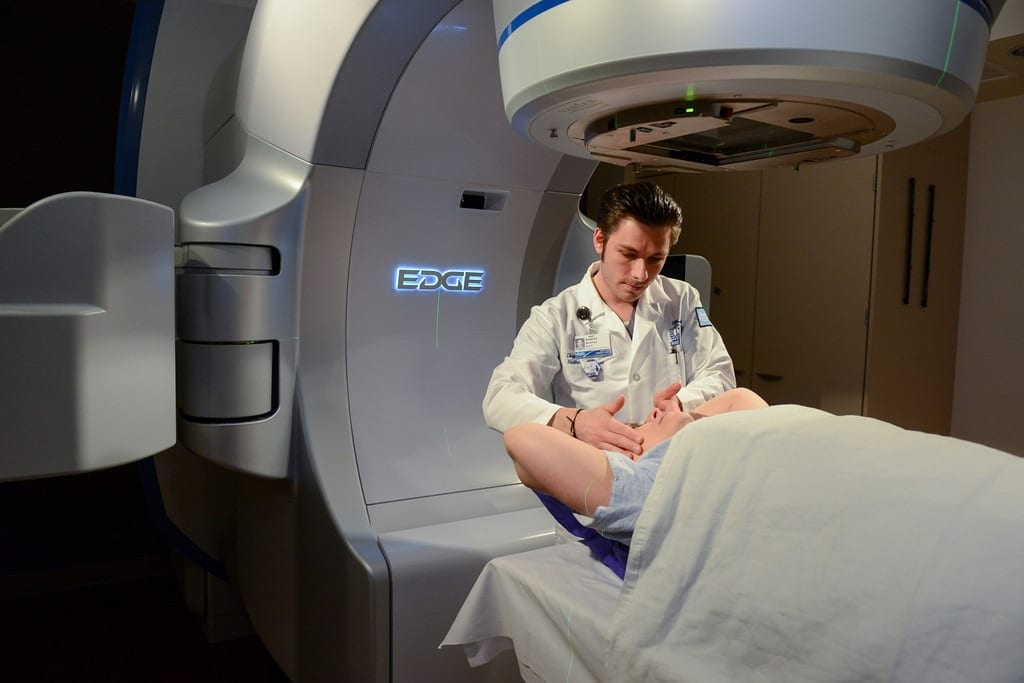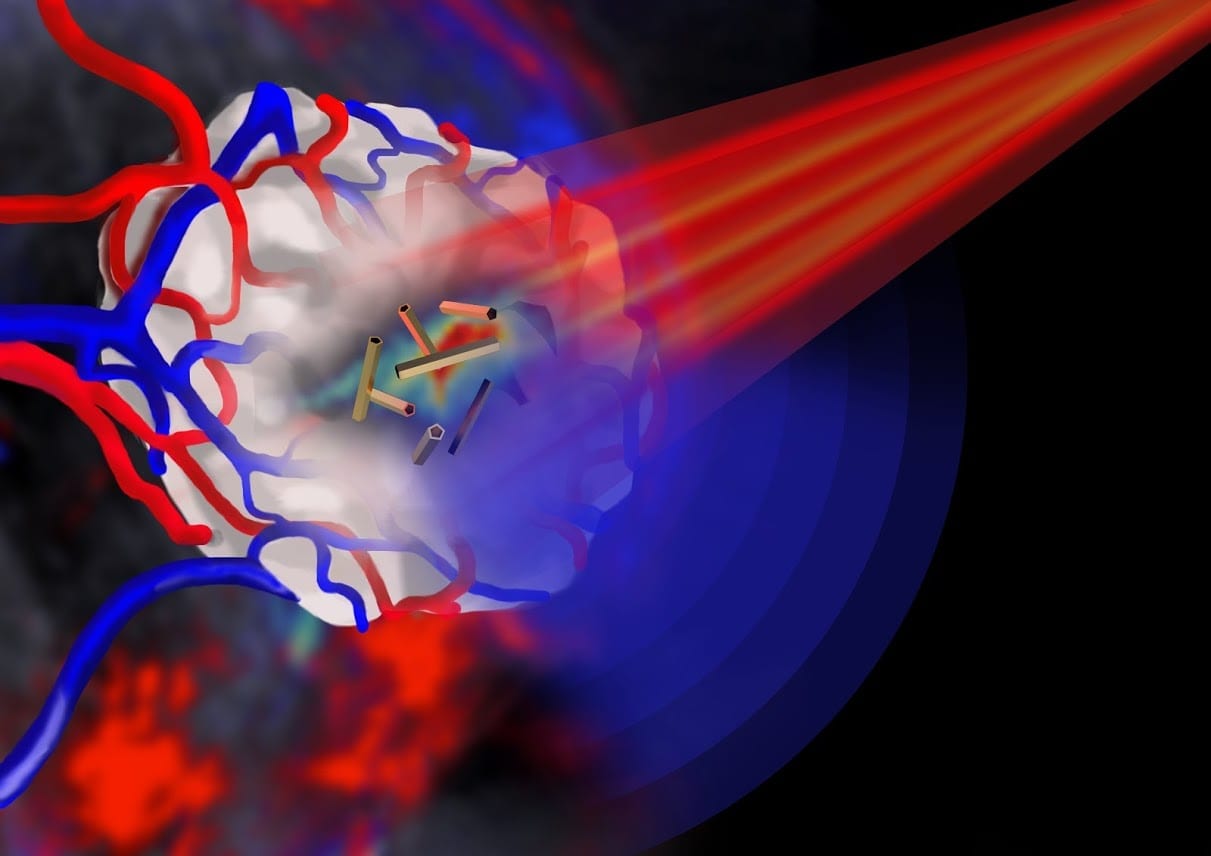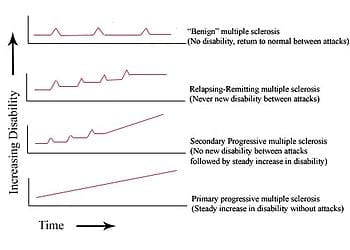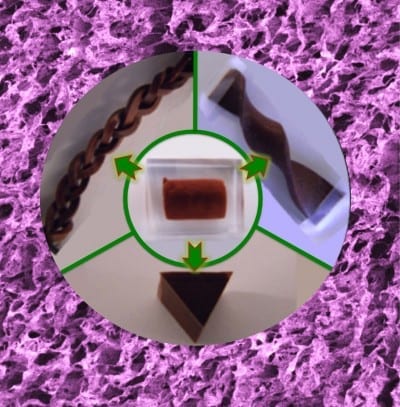
Patients at Henry Ford Hospital now have a new cancer treatment available that offers an alternative cancer surgery, without the incision or hospital stay, treating patients in 15 minutes or less and returning them to their everyday lives.
The Edge™ Radiosurgery Suite is designed to perform advanced, non-invasive cancer procedures anywhere in the body – including the brain, spine, head and neck, adrenal gland, lung, liver and pancreas – with extreme precision and low toxicity.
It is the first unit in North America and only available at the Josephine Ford Cancer Institute at Henry Ford Hospital.
The Edge, created by Varian Medical Systems, uses new real-time tumor tracking technology and motion management capabilities, improving both safety and comfort for patients by protecting healthy tissue with sub-millimeter-accuracy. And its “cutting edge” beam offers the agility to treat tumors that may be difficult to reach surgically.
Treatments are typically outpatient and completed within the same week – with only one to five sessions.
Patients will begin treatment using the Edge this week at Henry Ford Hospital.
A pioneer in the use stereotactic radiation therapy, Henry Ford’s Department of Radiation Oncology has treated more than 4,000 patients using this specialized type of stereotactic radiation therapy.
And now, the Edge offers patients:
• Faster treatment: With a dose rate of up to 2,400 monitor units per minute, it offers rapid stereotactic treatments in only 10-20 minutes compared to other systems that can take well over an hour per session.
• Increased comfort: The six degrees (6D) of freedom treatment couch provides the accuracy, precision and flexibility needed to optimally position and adjust patients, allowing them to be comfortable and breathe freely during treatment.
• Real-time imaging: An advanced motion management package makes it possible to better compensate for tumor motion during treatment. The 2.5mm multi-leaf collimator provides a distinct cutting “edge” for radiosurgery treatments.
• Cost-effective medicine: The Edge can accurately treat the vast majority of what a proton beam center can do at a fraction of the cost of a proton unit.
“Henry Ford’s Department of Radiation Oncology has a long tradition of expertise with the most advanced radiation technologies, a heritage that will now continue with the addition the Edge,” says Benjamin Movsas, M.D., Chair of the Department of Radiation Oncology at Henry Ford.
“The Edge truly represents a novel platform in radiosurgery, offering a system that provides a fully-integrated solution for planning and administering radiosurgery treatments.”
“In radiosurgery, millimeters matter,” says neurosurgeon Steven N. Kalkanis, M.D., director of the Center for Cancer Surgery at Henry Ford. “The Edge radiosurgery suite is calibrated for sub-millimeter accuracy. That will help us rest assured that we are doing everything possible to protect normal tissues.”
Henry Ford Hospital was selected by Varian as the first site for the Edge in North American because it “represents and embodies clinical excellence and we are thrilled that we get to launch this exciting new platform into clinical use with them,” according to Chris Toth, vice president of marketing for Varian’s Oncology Systems business.
Henry Ford joins Champalimaud Foundation in Lisbon, Portugal, as the first two sites in the world with the Edge.
What is Stereotactic Radiation?
Stereotactic radiation is a procedure that precisely delivers intense radiation doses to tumor targets in one to five treatments. The goal of this non-invasive procedure is to destroy, or make inactive, the tumor while minimizing dose exposure to the surrounding healthy tissue.
The Latest on: Stereotactic Radiation
[google_news title=”” keyword=”Stereotactic Radiation” num_posts=”10″ blurb_length=”0″ show_thumb=”left”]
via Google News
The Latest on: Stereotactic Radiation
- APCCC 2024: Dealing with Inequality – What Can We Learn from the Indian Healthcare Systemon April 28, 2024 at 5:58 am
The Indian healthcare system is a diverse and complex four-tiered network of public and private hospitals that cater to India’s 1.4 billion inhabitants. Roughly 1/4 of patients are insured and 3/4 are ...
- Science & Medicine: Revolutionizing prostate cancer treatmenton April 28, 2024 at 4:00 am
Prostate cancer is the most common cancer diagnosed in men, and the five year survival rate is 97%.
- Definitive Therapy to the Primary Site Improves Survival in Brain-Only Metastatic NSCLCon April 26, 2024 at 7:01 am
Definitive treatment to the primary site improves overall and cancer-specific survival among patients with brain-only NSCLC metastases, a recent retrospective study shows.
- Accuray Down On Cyberknife And Radixact At Scotland Meetingon April 25, 2024 at 12:55 pm
Accuray Incorporated (NASDAQ: ARAY) shares lost ground Thursday, on word that the company is showcasing advances in hardware and software designed to improve the cancer treatment experience, at ESTRO ...
- WOO Network trials investigate innovative treatments for liver, head and neck cancerson April 20, 2024 at 10:44 pm
A new round of clinical trials supported by the Ontario Institute for Cancer Research (OICR) will harness a unique opportunity to test some of the newest treatment strategies for a range of different ...
- CareShield Life Guide 2024: What It Is & How to Make the Most of Iton April 17, 2024 at 9:55 pm
By 2050, nearly half of Singapore’s population will be at least 65 years old. With an ageing population, Singapore is bracing for a surge in healthcare spending. It’s vital that... The post CareShield ...
- Managing head and neck cancer with the latest treatment modalitieson April 17, 2024 at 12:10 am
Alyssa's battle with tongue cancer underscores the importance of advanced treatments like immunotherapy and precision medicine. Her journey sheds light on the evolving landscape of cancer care, ...
- Adjuvant breast radiotherapy: KUH unlocks the clinical upsides of tangential VMATon April 16, 2024 at 6:15 am
Tangential VMAT (tVMAT) is the treatment modality of choice for adjuvant breast radiotherapy at Kuopio University Hospital in Finland ...
- Robotic Radiotherapy Market Worth $1.9 billion | MarketsandMarkets™on April 15, 2024 at 7:15 am
Robotic Radiotherapy Market in terms of revenue was estimated to be worth $1.1 billion in 2023 and is poised to reach $1.9 billion by 2028, growing at a CAGR of 11.9% from 2023 to 2028 according to a ...
- KMC Hospital Attavar Oncology Centre Introduces Stereotactic Radiotherapy for Cancer Treatmenton April 12, 2024 at 12:03 am
In a significant stride towards enhancing cancer care in Mangalore and KMC Hospital Attavar Oncology Centre (KMCHAOC) proudly announces the introduction of Stereotactic Radiotherapy, a cutting-edge ...
via Bing News










